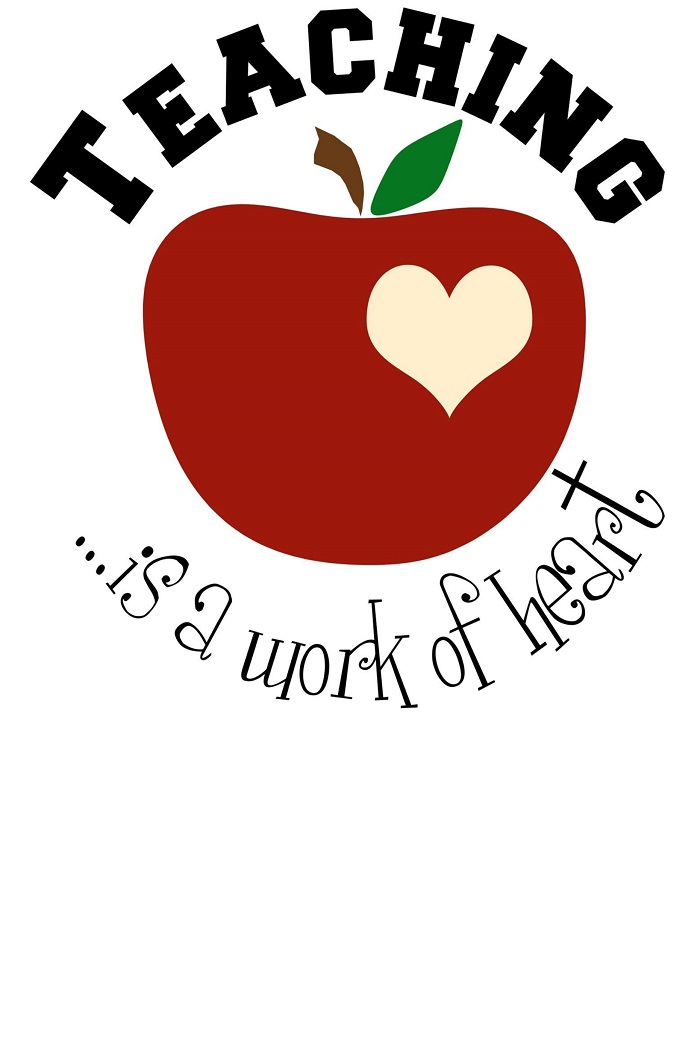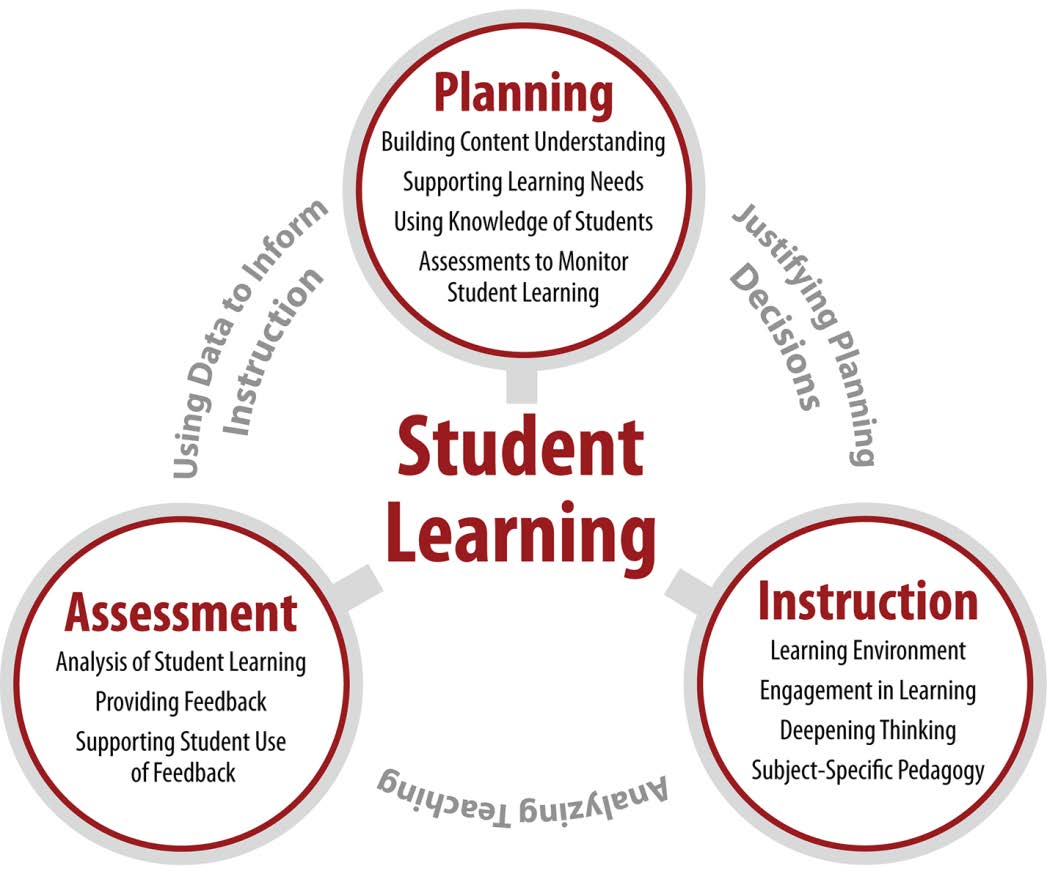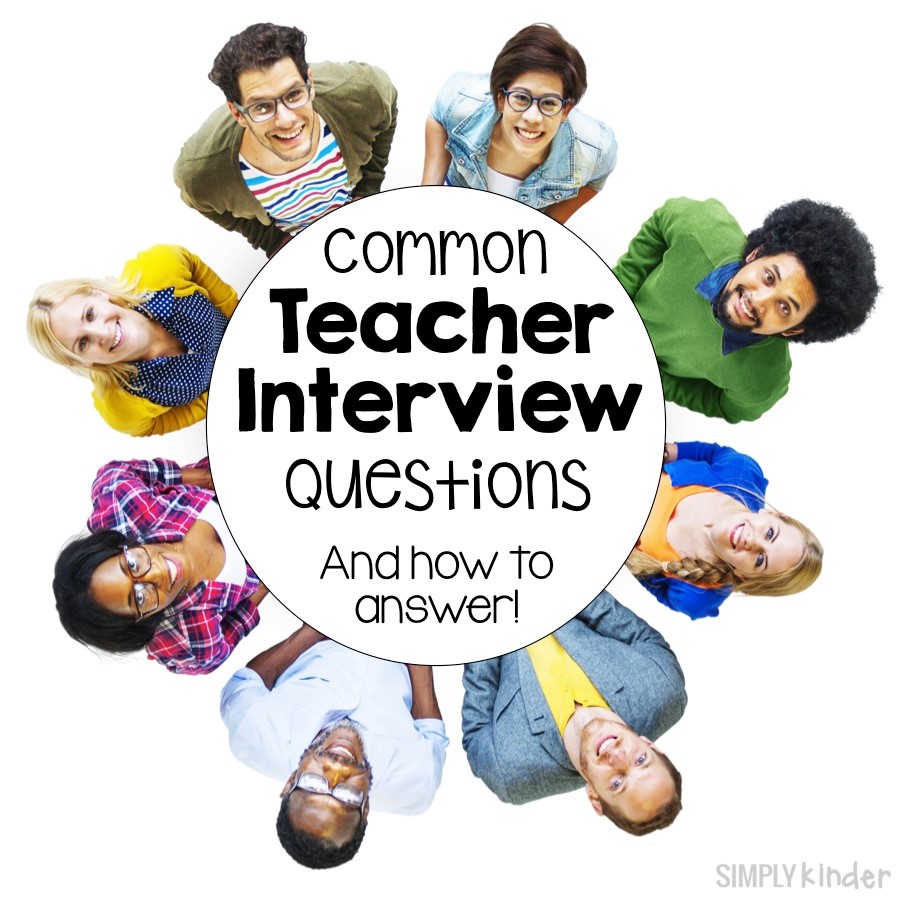
My learning experience this semester is one I will carry with my throughout my career. The first thing I learned this semester is that Social Studies is not what I thought it was. Social Studies is not just history. It is current events, ways of life, religion, culture, and social. Social Studies is a body of integrative knowledge, concepts, skills, generalizations and theories in the SS fields (history, geography, economics, citizenship, etc.)
Each aspect should be taught equally. Because there are different aspects, there are so many different ways to teach SS. Social studies is best taught through exploration. Students should be encouraged to conduct research and discover information on their own. Social Studies is also a good subject to implement cooperative learning in.
Social Studies is meaningful- engaging students with real-world situations.
Social Studies is integrative- draws on more than one discipline, subject, or skill set.Social Studies is value-based- Strengthens students' sense of democratic values and social responsibility.Social Studies is challenging- incorporates different perspectives and draws on students' critical-thinking skills.Social Studies is active- Participatory, makes use of manipulatives or physical environment.
Real learning occurs when students are engaged; they apply different skills.
I also learned about assessments and the different types.
- Diagnostic: Finding out. Belongs in the introduction of the unit. (KWL chart, pre-assessment).
- Formative Assessment: Keeping track and checking up. Occurs throughout the lesson. (exit ticket, conference, quiz, journal entry, check for understanding)
- Summative Assessment: Making sure, at the end of the lesson, independent practice. (unit test, post-assessment, performance task)
It is hard to summarize how much I have learned this semester and how much experience I have gained. I will keep my blogs, my eFolio, and my lesson plans for future reference. I would like to thank my peers and Dr. Smirnova for teaching me so much and providing me with knowledge and preparation I will carry with me into the field of teaching.





